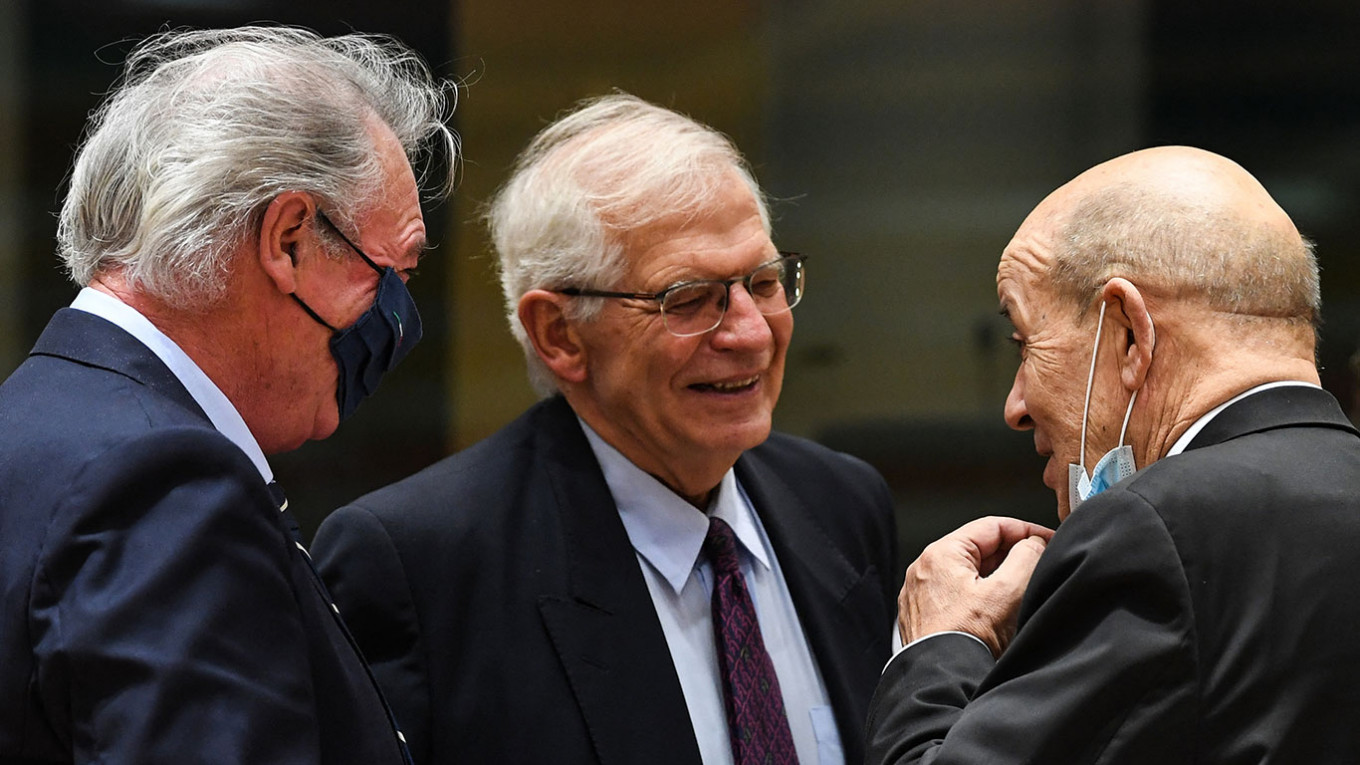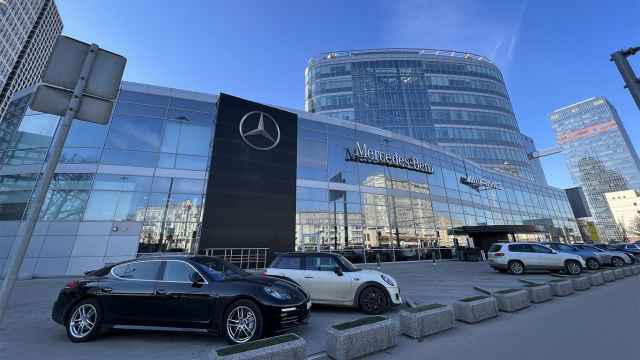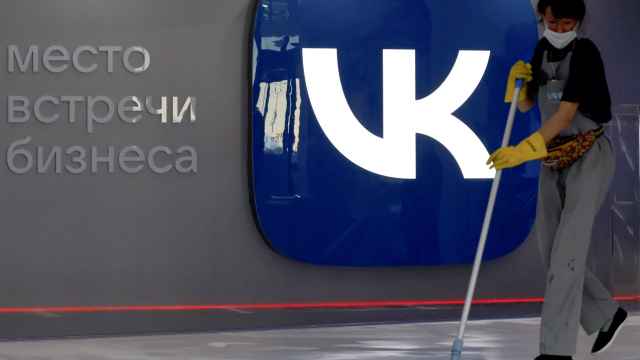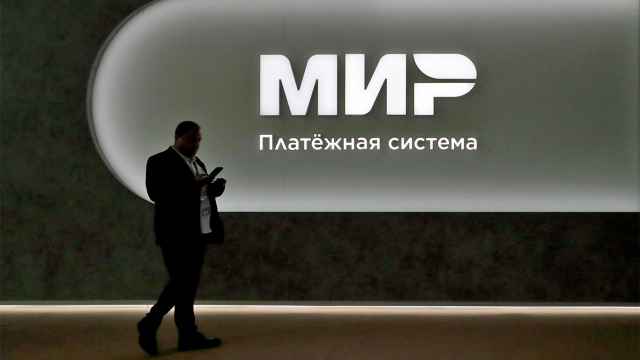European Union foreign ministers agreed on Monday to slap sanctions on targets linked to the Russian private military company Wagner, accused of acting to destabilize Ukraine and parts of Africa.
The group itself, said by Western capitals to work on behalf of the Kremlin in conflict zones, was targeted with an asset freeze, along with eight individuals and three firms, diplomats said.
The sanctions list was drawn up by EU officials and unanimously approved by foreign ministers, who met Monday to discuss various world crises and prepare Thursday's summit of European leaders.
"Wagner is a Russian private military company used to destabilize security in Europe and in its neighborhood, notably in Africa," one European diplomat said.
Wagner is said to be financed by 60-year-old St. Petersburg businessman Yevgeny Prigozhin, reputedly close to President Vladimir Putin, who has already been hit with EU and U.S. sanctions for destabilizing Libya and meddling in U.S. elections.
Those sanctioned included:
Dmitry Utkin, a 51-year-old former lieutenant colonel in Russian military intelligence — once decorated by Putin — now said to be Wagner's commander and responsible for mercenary operations in Ukraine.
Utkin is accused of extrajudicial killings, including allegedly ordering a Syrian deserter to be tortured to death and filmed.
Alexander Kuzentsov, a 44-year-old Russian said to be commander of Wagner's 1st Attack and Reconnaissance Company under the call sign "Ratibor," accused of threatening the peace and security of Libya.
Retired colonel Andrei Roshev, 68, a founding executive director of Wagner now commanding mercenary troops in Syria in support of Bashar al-Assad's regime under the call sign "Siedoy."
Wagner units and operatives have been seen in several conflict zones, allegedly serving Russian private and state interests in Ukraine, Syria and Libya.
The firm has also offered its services to local authorities in sub-Saharan Africa, including former French colonies Mali and the Central African Republic.
The European ministers were also discussing a much larger package of potential economic sanctions against Russia, to be held in reserve to deter any threat from Moscow to directly invade Ukraine.
A Message from The Moscow Times:
Dear readers,
We are facing unprecedented challenges. Russia's Prosecutor General's Office has designated The Moscow Times as an "undesirable" organization, criminalizing our work and putting our staff at risk of prosecution. This follows our earlier unjust labeling as a "foreign agent."
These actions are direct attempts to silence independent journalism in Russia. The authorities claim our work "discredits the decisions of the Russian leadership." We see things differently: we strive to provide accurate, unbiased reporting on Russia.
We, the journalists of The Moscow Times, refuse to be silenced. But to continue our work, we need your help.
Your support, no matter how small, makes a world of difference. If you can, please support us monthly starting from just $2. It's quick to set up, and every contribution makes a significant impact.
By supporting The Moscow Times, you're defending open, independent journalism in the face of repression. Thank you for standing with us.
Remind me later.






